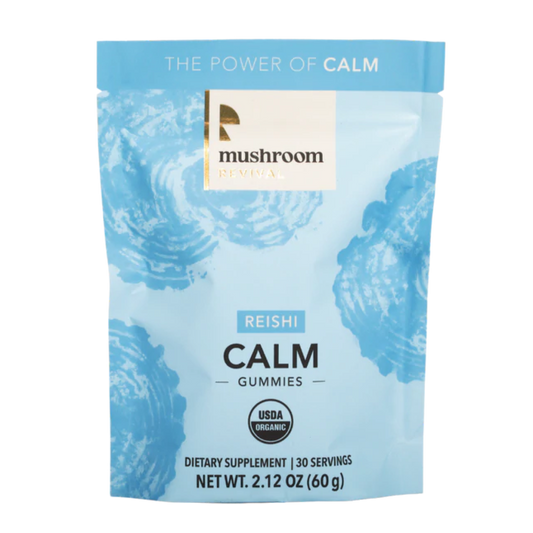Psilocybin Mushrooms Then and Now

Psilocybin mushrooms have become presumably popular lately due to their reported benefits in the potenital treatment of some mental health concerns.* Although psilocybin mushrooms might seem like a modern approach to healing they have a long tradition of use in a variety of indigenous cultures around the world. This was particularly evident in Mesoamerican societies such as the Aztec and Mayans who before the Spanish conquest used psilocybin-containing mushrooms during rites and ceremonies related to political alliances and social order. Common folklore describes that psilocybin mushrooms were a strong part of Mesoamerican creation myths and were also utilized as a way to communicate with the gods. For instance, the Mayan civilization specifically communicated with the serpent god Quetzalcoatl, who was worshipped as the creator of life. Amongst the Aztec civilization psilocybin mushrooms were revered and were often referred to as Teonanactal, which means “flesh of the gods”.

After the Spanish conquest, the use of psychedelic plants and fungi medicines was condemned due to the emergence of Catholicism and its conflicting ideologies. Individuals who engaged in these practices were persecuted and due to this most of these rites and rituals were forced underground. It wasn’t until the early 1950s, more than 500 years since the Spanish conquest, that several anthropologists, ethnobotanists, and other scholars searched for the origins of sacred mushrooms in Mexico. There they discovered mushroom rituals that became streamlined by publications in prominent magazines and marked a moment of social, political, and cultural transformation. Seekers of all kinds flooded the Mazatec mountains as they were looking for an alternative mode of healing, spiritual transformation, and new experiences.
During the same time, LSD became popular amongst researchers and mental health professionals as a way to treat a variety of disorders including alcoholism, anxiety, and depression.* The field of psychiatry excelled dramatically due to the discovery of these substances. Eventually, psilocybin and similar substances filtered out of the medical establishment and into the hands of the counterculture creating social and political shock waves that challenged the mainstreamed norms. The misuse of these substances caused a dramatic social rebellion that was counteracted by government-led initiatives such as the War on Drugs. Similar to the persecution of the Spanish conquest these substances were forced to go underground and remain hidden and out of sight in both recreational and academic settings.

Now more than sixty years later a renaissance and trailblazing effort for institutional research and federal rescheduling of these substances are evermore unfolding. Every day more information regarding the use of psilocybin and other related substances has come forth in clinical and non-clinical settings.
Currently, psilocybin mushrooms remain illegal, however, expanded access programs for medical users are currently in the works. In addition to this, activists from all parts of the world are eagerly pushing for proper reform policy. The future of psilocybin mushrooms remains promising not only as an effective treatment for a myriad of conditions.*
At Mushroom Revival we hold a deep level of sympathy for anyone struggling with any sort of physical, emotional, or mental health condition. We enjoy providing readily available information regarding exciting contributions from the fungal kingdom and its functional mushrooms. We value evidence-based research and currently work hands-on at contributing this emerging knowledge through blog posts and podcasts.




























